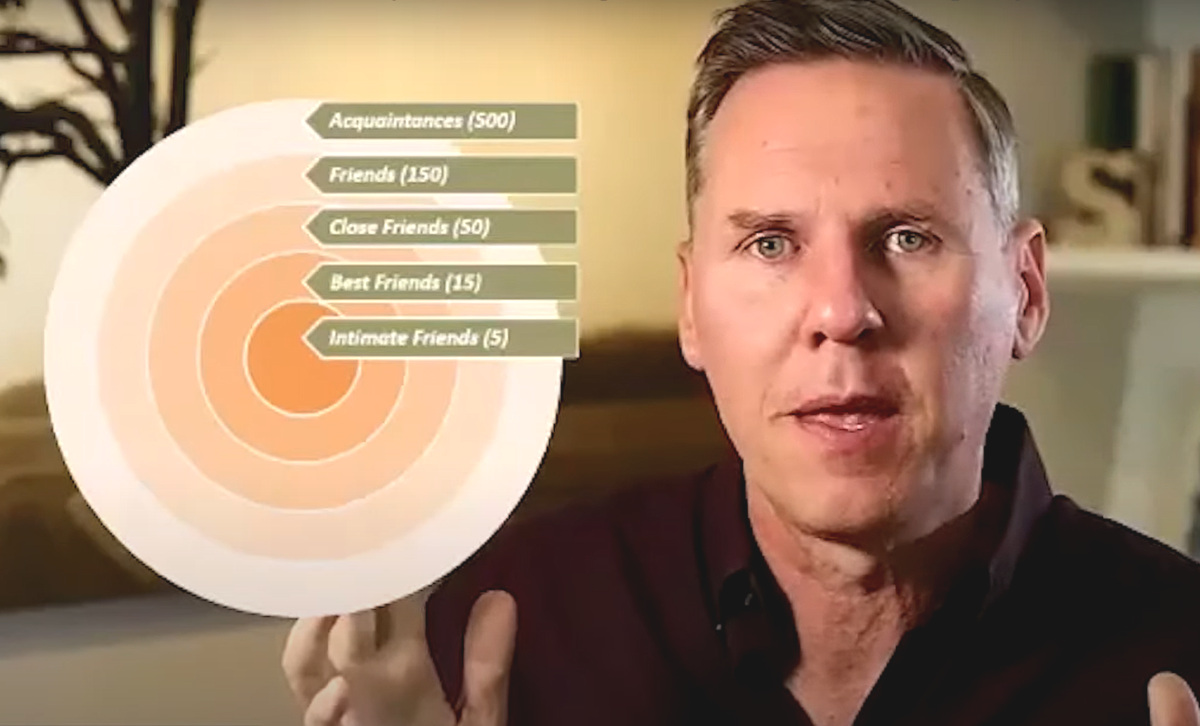Seeking Fulfilment Through Your Career? Try This Instead
Picture: Jordan Whitfield
What a gift it is to do work you love. To get paid for using your talents and abilities. To not just earn a living but contribute something necessary to society. When we spend so much of our lives at our workplace, it only makes sense that we find a career that’s fulfilling.
I believe all this to be true. But I’m starting to see that we have gotten things unbalanced. For many of us today work has become the primary way we seek personal meaning and significance. The plain fact is, though, this can leave us vulnerable.
As I shared on BBC Radio 2’s Pause for Thought segment recently, we need to learn a lesson from previous generations on this. For them work was important – but not their main source of fulfilment in life.
Listen Now
Podcast: Subscribe in iTunes or Stitcher | Right-click to download | Other episodes
Work to Live or Live to Work?

Picture: Guilherme Cunha
Dorothy Sayers is best remembered for her crime novels starring the amateur sleuth [amazon_link id=”0062275488″ target=”_blank” ]Lord Peter Wimsey[/amazon_link]. But she was also a philosopher. Some years ago I read an essay of hers called [amazon_link id=”0849945267″ target=”_blank” ]Why Work?[/amazon_link] It impacted me greatly.
Her main point in that essay was this: we should live to work, not work to live. By that she meant we should expect more from our jobs than a pay packet. Work isn’t just about putting food on the table or funding the occasional holiday; it’s about expressing our talents and contributing to the world. We should find good work to do, she said—work we’re gifted for—and put our heart and soul into it. This will bring personal fulfilment and improve society. She dreamed of the day strikes were held over not just pay and conditions, but the beauty of a company’s products!
For Sayers, work was an essential part of our lives. It’s what gives us meaning and significance. Reading her words in my 20s, I too wanted to find work worth living for.
Twenty years later, that essay remains a favourite of mine. But it has weaknesses. If work is essential to us, what of the elderly, the chronically ill, or even of children? Surely their lives are significant even though they can’t work. And many don’t get the option of finding work that fits their gifts. Those on the poverty line or with families to feed have to work to live.
…But Work Can Disappoint

Picture: Tim Wright
Another writer, the ethicist [amazon_link id=”0268018537″ target=”_blank” ]Gilbert Meilaender[/amazon_link], pointed out a further problem. The live-to-work mantra is bound to disappoint us, he says, because work was never meant to be a means of personal fulfilment. Previous generations saw work primarily as a way to support oneself and serve one’s neighbour. A sense of meaning or significance from it was a happy by-product, not the focus. Fulfilment was found in other things like faith and friendship.
It can be helpful to remember all this when the students in our lives sit exams—some of them so worried that if they don’t do well they might miss that place at Uni, miss that dream career, miss that fulfilling life. I think we too can put ourselves under immense pressure by basing our sense of significance and value on our job title alone.
I wonder whether those previous generations weren’t right: we find fulfilment best in faith and friendship—being loved by God and loved by others. And those two things are available to all, whatever our grades or our job title.
Talk to Me
 Picture: Bonnie Kittle
Picture: Bonnie Kittle
So, is it Sayers or Meilaender for you? How much should we seek fulfilment through a career? Leave a comment below now or call me using the ‘Send Voicemail’ button on the right. Please also rate and share this podcast on iTunes to help others discover it!
Subscribe
Subscribe to More Than This and never miss an episode.
| |
Subscribe in iTunes |
| |
Subscribe on your iPad or smartphone |
| |
Subscribe in Stitcher |






Sam
Hi Sheridan, thanks for this post! I’m a millennial and I think my generation has been conditioned to believe that career is so important and the only way to experience personal fulfillment, influence and impact in this life. This is what I have aspired to in most of my 20s. However, now that I’m in my late 20s, I’ve found myself in a job that I don’t particularly enjoy and feel “stuck”. I do think the ‘live to work’ mentality leaves you vulnerable because if you find yourself in a job you dislike, you will all the more feel miserable. To be honest, I’m finding it difficult to recondition myself! Btw. thanks for all your work and teaching on being resilient. Your Daily Bread conference was inspiring 🙂
Sheridan Voysey
Oh, and us Gen-Xers have built our lives on our careers (whether artist, corporate, activistic, whatever) too. There’s nothing wrong with seeking out work that fits our gifts and contributes to the world, but not build our whole sense of self on it.
Praying today you will find a way out “stuck”. in the meantime, may you go deeper into your broader identity – as a daughter, sibling perhaps, friend, child of God.
Ross
I’ve followed you since you presented the Open House 11 years ago, Sheridan. You even read out one of my blog comments one time. I’ve spent the past year and half without long term job security. It’s stressful and frustrating. At some future point in time I’ll look back on this season, and be able to clearly see what God has taught me. At the moment it’s vague notions of relying on God for my identity and not my work, and resilience.
Sheridan Voysey
Praying this will indeed be a formative time for you, Ross. Don’t waste it! these are THE moments of profound growth and change for us personally and spiritually.